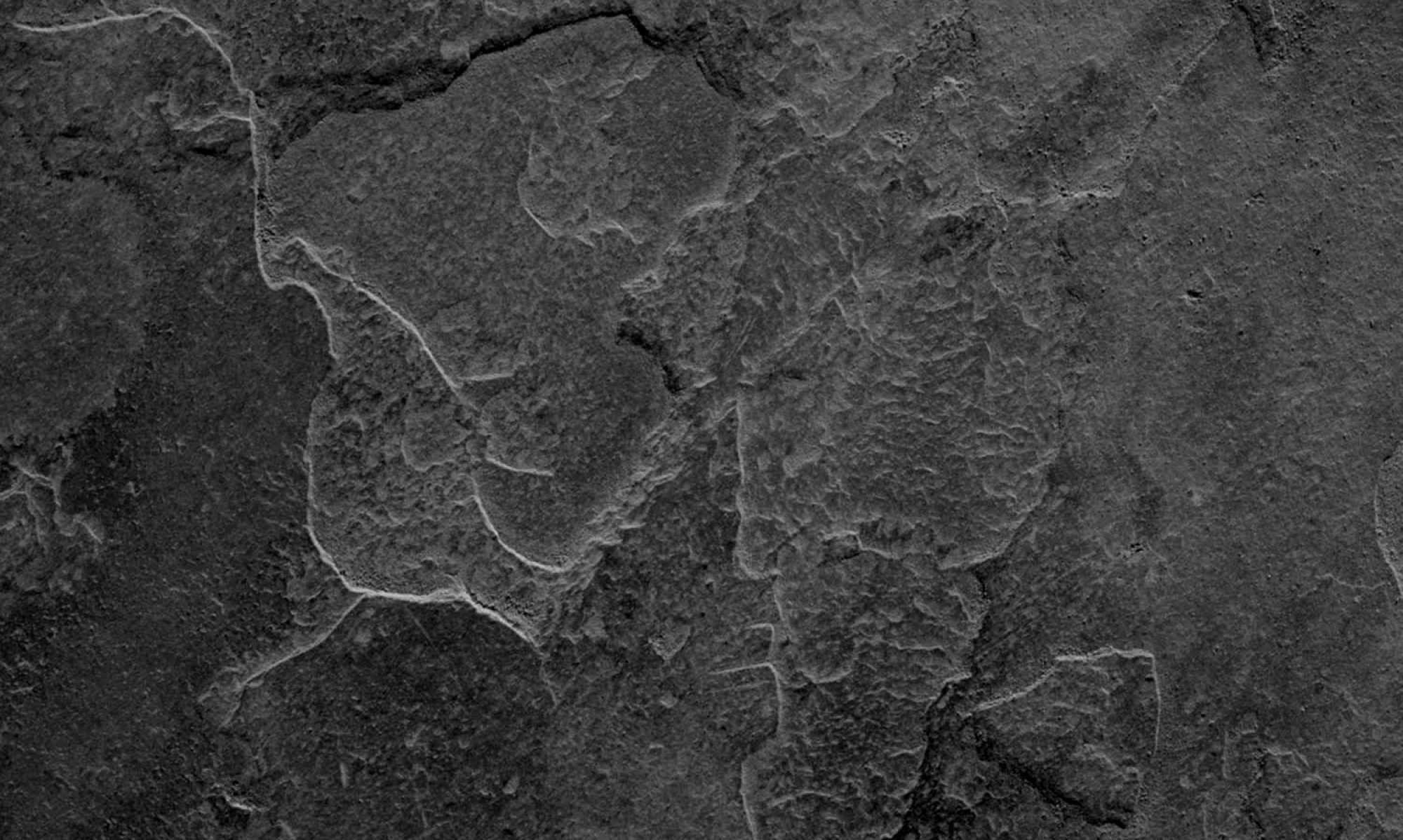I really enjoyed this week’s reading I, Rigoberta Menchú: an Indian woman in Guatemala by Rigoberta Menchú. Although the stories she disclosed were very sad, the testimonio was written in such a way that was very easy to follow along with while still being interesting. The first-person narration and straightforward, conversational nature of the stories/interviews made it feel as though Menchú was personally reciting them.
Throughout the book we learn about her experience as a member of the Quiché community in Guatema, their struggles with the Ladinos as-well as their oppression as third-class citizens under the Guatemalan government. During all of this, she also talks about the generational efforts of the community to preserve their traditions, secrets, and culture from the assimilation efforts from the powerful minority Spanish speaking society.
Among the details of her life, she chooses to disclose some of the teachings of her parents, their work, and few Quiché traditions. While she discloses some of these things, she also refers to certain “secrets” which she doesn’t share. At times she mentions that these secrets are what allow them to preserve their Indian culture and prevent it from being taken away. Their importance to Quiché culture is clear, as she mentions parents make a promise on their children’s behalf to keep the secrets of their people once they are born and pass down their traditions. Without telling us what they are exactly, she leaves the reader to assume. I found that the repeated references to these secrets highlight the resilience of the Quiché community while also being a reminder of the persecution and fear they live under that warrants this need for secrecy to protect themselves. As a reader, their mention definitely kept me interested in that I wondered what they may be referring to or she would open up and eventually let us in on the secrets. Initially I thought it would be their warfare tactics or certain traditions but these are things that she did discuss so I was left quite confused about what these secrets were actually referring to, perhaps more specific details.
It was brought up in lecture that upon investigation, an anthropologist discovered that Menchú may have made up certain things like the burning of her brother and included errors in the story. Finding this out ruined it a little as it brought doubt to her credibility in calling this a testimony. My question for discussion is: how did knowing this detail affect your reading and take away?

Hi there! Thank you for the question, and interesting thoughts on the sharing (or lack thereof) of Quiché culture.
To be honest, I wasn’t overly bothered by hearing the potential missing truth in her accounts. You make a good claim by reminding us that this really is a “testimony” though, which I’m sure we can all agree should be the entire truth, and nothing but.
However when I think of the book’s mission and message, which I support and enjoyed knowing its impact – I felt that there was room for forgiveness in exaggeration, as the message didn’t change, but the severity rather.
I’m not really sure though, I am curious to see what others felt learning this…
Thanks!
To be honets finding this out did not really affcets how I saw the story, because as you mentioned it is not completely confirmed and many people are trying to discredit victims all the time and regardless there is much more information and evidence of similar things that did happen and getting caught on that detail instead of looking at the bigger picture is why I choose not to let it impact what I think of her work and what she is fighting for.
Montserrat Avendano.
Hi Diana ☺︎
I believe this was a very moving story that deserves to win the Nobel Peace Prize. I felt a strong attachment to the Indian women; therefore, I felt a bit betrayed as a lecture stated she had exaggerated and overstated events that did not actually take place. It is very concerning that her work is seen as a ” tarnished laureate”, yet it does not change the fact that Indian people struggled A LOT, and importantly, slavery has not disappeared today. So I believe this is still a powerful book, and I don’t think a scandal will have a huge impact on my reading experience!
Thank you Diana for your post. You voiced several of the reasons why this book remains controversial, and why we continue to think collectively about it. In fact, as you say, this book is only apparently simple, because it leaves the reader many questions to resolve, both about the history of the struggles and about the life of Menchú. I hope we can have some answers for you when we discuss this testimony in class!
I usually watch the lectures after reading the books so I was entirely unaware of the controversy. Honestly, it didn’t take away much from my impression of the book. As I talk about in my blog, I think the most important aspect of “I, Rigoberta Menchú” is its impact. And I think its impact of raising awareness of the oppression of Indigenous peoples in Guatemala is largely unaffected by the exact details of events in the book.